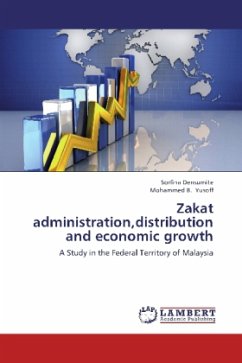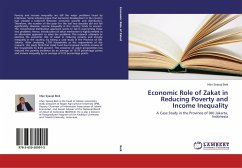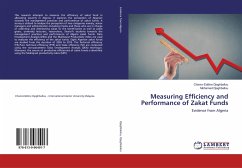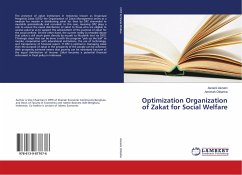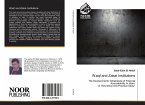Islam is a religion built upon five pillars, namely the testimony that there is no god except Allah and Muhammad is the messenger of Allah, establishing prayers, paying zakat, fasting in the month of Ramadhan, and performing pilgrimage in Mecca. Every Muslim must establish himself upon these five pillars. It is obligatory for a Muslim, whose wealth exceeds a specific amount called nisab, to pay zakat in order to fulfil his duty as well as to purify his soul and wealth. The zakat fund is distributed to the specific groups of people as stated in the al-Qur'an. The rational of the imposition of zakat is to prevent the concentration of wealth in a few hands, which is clearly stated in the al-Qur'an. It plays an essential role in the Islamic social welfare system to alleviate poverty of Muslim communities. Zakat is a major source of revenues in an Islamic state, and therefore Muslims should understand about the zakat management, particularly on the collection, distribution as well as the effects of zakat distribution in the economy.
Bitte wählen Sie Ihr Anliegen aus.
Rechnungen
Retourenschein anfordern
Bestellstatus
Storno

